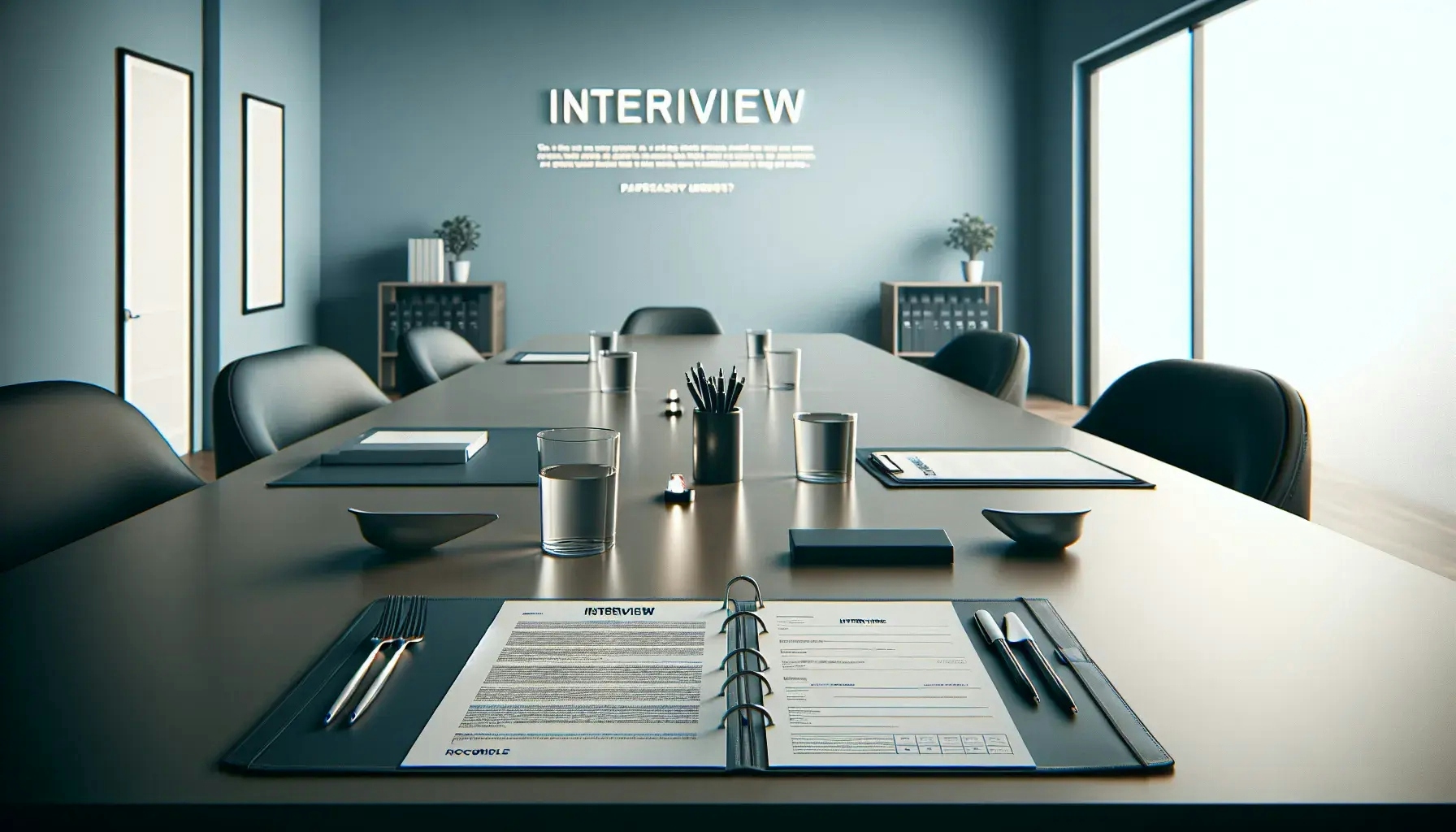In the competitive world of recruitment, mastering the art of conducting effective interviews is crucial. This blog post will delve into the strategies that can enhance your recruitment interview process. We will explore the importance of preparation, the art of asking the right questions, the significance of non-verbal communication, and the role of follow-up in the recruitment process.
The Importance of Preparation
Preparation is the foundation of a successful recruitment interview. It begins with a thorough understanding of the job description. You need to know the skills, qualifications, and experience required for the role.
In addition, research the candidate's background. Review their resume, cover letter, and any other relevant documents. This will help you tailor your questions to their specific experiences and skills.
Remember to also prepare the interview environment. Ensure it is comfortable and free from distractions. This will help the candidate relax and give their best during the interview.
The Art of Asking the Right Questions
The questions you ask during an interview can make or break the process. They should be open-ended, allowing the candidate to provide detailed responses.
Avoid leading questions that might influence the candidate's response. Instead, use behavioral and situational questions. These types of questions allow you to assess how the candidate would handle real-life scenarios in the workplace.
Remember to also ask about the candidate's career goals and aspirations. This will help you determine if they are a good fit for the company's culture and long-term plans.
The Significance of Non-Verbal Communication
Non-verbal communication plays a significant role in recruitment interviews. It can provide insights into a candidate's confidence, enthusiasm, and professionalism.
Pay attention to the candidate's body language. Are they maintaining eye contact? Are their gestures and posture open and relaxed? These non-verbal cues can provide valuable information about the candidate's attitude and personality.
Remember to also be aware of your own non-verbal communication. Maintain eye contact and use positive body language. This will help create a comfortable environment for the candidate.
The Role of Follow-Up in the Recruitment Process
The recruitment process doesn't end with the interview. Follow-up is an important part of the process. It shows the candidate that you value their time and are serious about the opportunity.
Send a follow-up email or call to the candidate after the interview. This allows you to provide feedback and keep them updated on the next steps.
Remember to also follow up with any references provided by the candidate. This can provide additional insights into the candidate's skills and work ethic.
The Impact of Effective Recruitment Interview Strategies
Implementing effective recruitment interview strategies can have a significant impact on your hiring process. It can help you identify the best candidates, improve the candidate experience, and ultimately, enhance the performance of your organization.
Remember, the goal of the recruitment interview is not just to fill a vacant position. It's about finding the right person who will contribute to the success of your organization.
Continuous Improvement of Recruitment Interview Strategies
The world of recruitment is constantly evolving. As such, it's important to continuously improve your recruitment interview strategies.
Stay updated on the latest trends and best practices in recruitment. Attend seminars, webinars, and workshops. Read industry publications and research.
Remember, continuous improvement is the key to staying competitive in the recruitment industry.
Wrapping Up: Mastering Recruitment Interview Strategies
Mastering the art of conducting effective recruitment interviews is a continuous journey. It involves preparation, asking the right questions, understanding non-verbal communication, and effective follow-up. By implementing these strategies, you can enhance your recruitment process and ensure you attract and hire the best talent for your organization.

